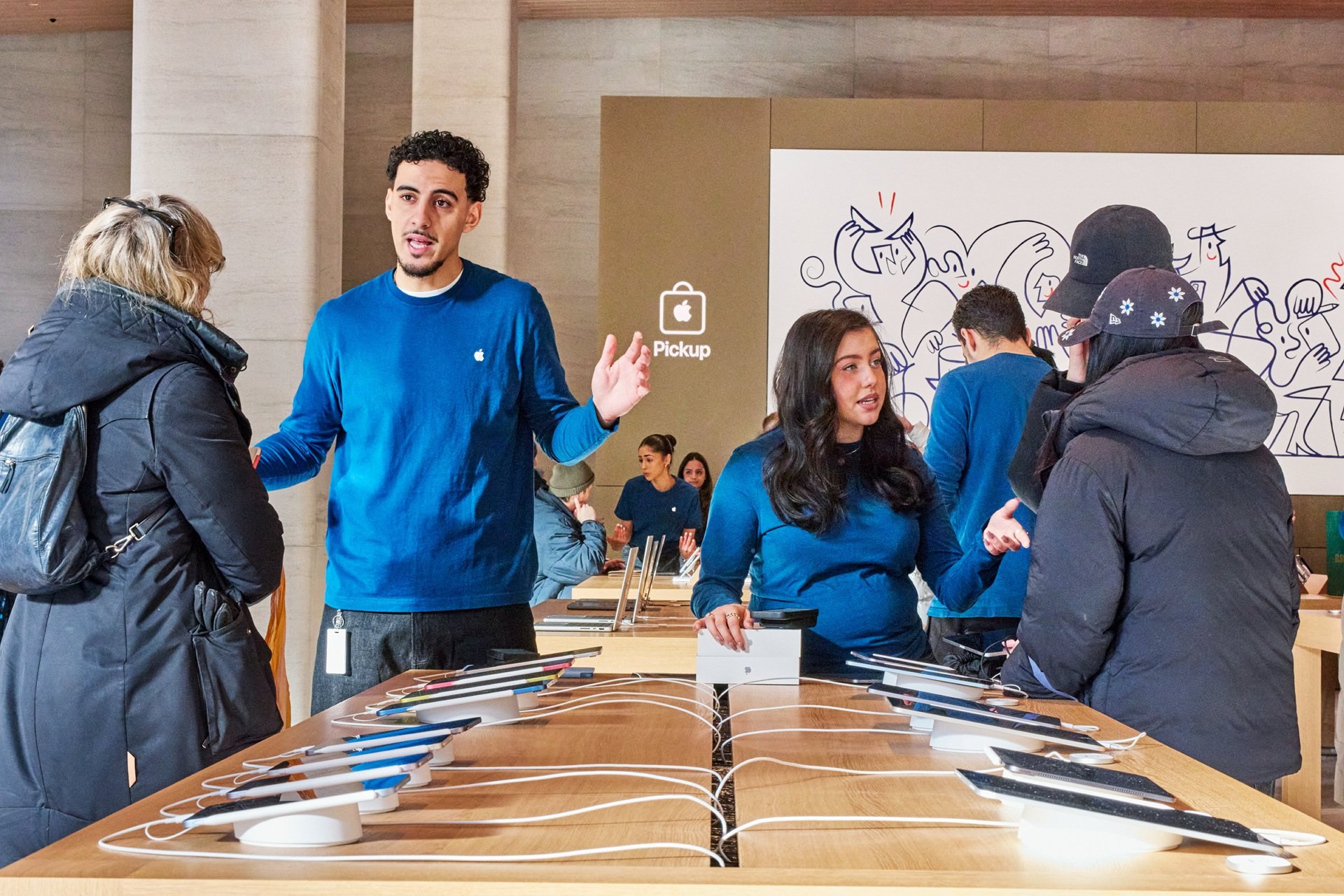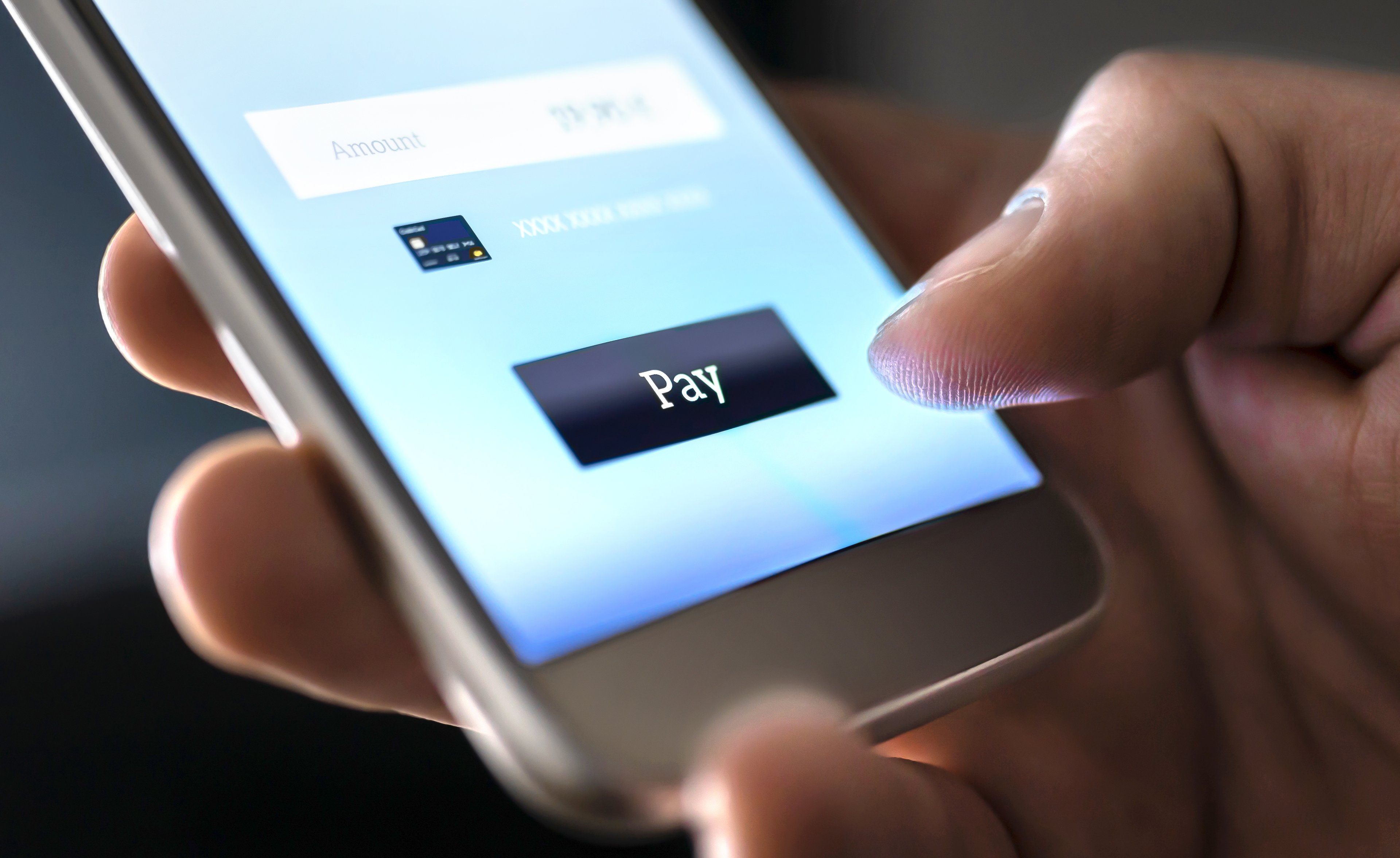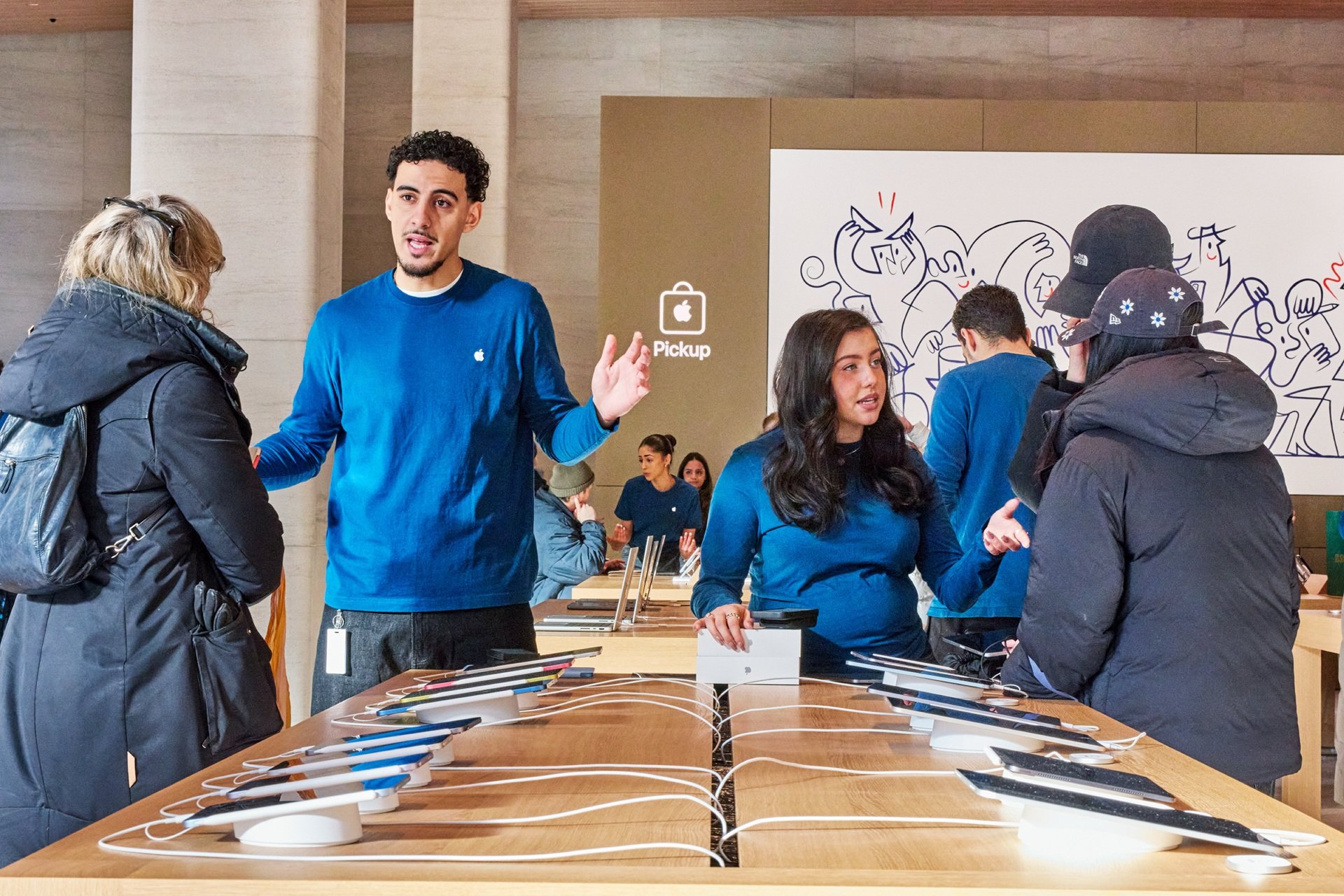Apple (AAPL 0.13%) shareholders are still celebrating last week's unexpected turn of events in Washington, D.C. After months of worries over ever-costlier tariffs on imported goods -- including its all-important iPhone -- Apple is now (mostly) off the hook. The White House announced on Wednesday that in exchange for an additional $100 billion worth of investment in American manufacturing of the tech used in its devices, Apple would be exempt from the 100% import tariff President Donald Trump has recently threatened for any semiconductors shipped into the United States.
The specifics of the exemption and Apple's plans still aren't clear, nor is it clear they ever will be. Apple also seemingly made the investment decision independent of President Trump's involvement, yet Apple CEO Tim Cook was still present when the president made the announcement from the White House on Wednesday. The president only explained of the newly proposed chip and semiconductor tariff that "the good news for companies like Apple is if you're building in the United States or have committed to build, without question, committed to build in the United States, there will be no charge."
What is clear, however, is that Apple and its shareholders are better off with Tim Cook working with the U.S. president than they are by working around him.
A complicated moving target
If it seems like President Trump's tariffs are forever changing, you're not imagining things. They are. He's maneuvering in response to companies' efforts to sidestep his previously imposed tariffs. For instance, after February's announcement of an additional 10% import tariff on goods made in China -- where most iPhones are still assembled -- was eventually pumped up to 54%, Apple soon began working to shift more iPhone production to India.
Trump countered in April with an additional 26% tariff on goods exported from India to the United States, and in May specifically threatened a 25% tariff on U.S. iPhones regardless of where they were manufactured. In the meantime, in response to the country's continued purchases of crude oil from Russia, the White House has punitively imposed an additional 25% tariff on all of India's goods imported into the United States.

Image source: Getty Images.
It seems Apple, however, will be sidestepping at least a significant chunk of these additional costs. By agreeing to raise its previous investment commitment in American manufacturing of technological components from $500 billion to $600 billion, Trump says Apple isn't subject to the 100% import tariff on semiconductors that other chip companies like Intel could soon be paying. Although the time frame isn't necessarily linked to the exemption, Apple says this investment will be deployed over the course of the coming four years, positively impacting 79 U.S. factories managed by 10 manufacturing partners including Corning, Texas Instruments, and Broadcom, just to name a few.
Arguably of most interest to Trump is the fact that Apple's so-called American Manufacturing Program should support as many as 450,000 domestic jobs.
What it means for Apple shareholders
There is no executive order yet declaring Apple or any other outfit exempt from any of Trump's tariffs, for the record -- only the president's spoken statements at Wednesday's press conference, which didn't clarify if the entirety of an imported iPhone is exempt, or only the value of the chips and semiconductors found inside it. There's also no clarity as to how microchips made within the United States that are shipped to overseas assemblers that then ship completed products back to the U.S. will be handled. As such, take all of it with a grain of salt.
Even without such details, though, Apple has scored a couple of respectable wins here.
One of these wins is very specific: a reduction in the amount of tariffs it's been paying of late. The company reported $800 million in tariff costs for the quarter ending in June in the shadow of recent tariff hikes, and predicted $1.1 billion worth of tariff expenses for the three-month stretch set to end in September. For perspective, Apple turned $94 billion worth of revenue into net income of $23.4 billion in what was a relatively typical June quarter, and is expected to report a top line of $101.5 billon for the quarter currently underway. Although not all of this total import cost is going away, presumably a sizable chunk of it will be. Apple should be at least slightly more profitable thanks to this recent development, although not by leaps and bounds.

NASDAQ: AAPL
Key Data Points
The bigger win here is a purely subjective but incredibly important one. By giving the president a highly visible win of his own as well as a key talking point he can now leverage, Apple and its CEO Tim Cook are back in Donald Trump's good graces. More to the point, by virtue of being a high-profile American company that Trump now wants -- and even needs -- to thrive, it's likely that the president will largely leave Apple out of the crosshairs of future tariffs and executive orders.
Enough reason to buy?
But is this reason enough to buy Apple stock?
Truth be told, while all the newly introduced tariffs were highly criticized and created a great deal of investor angst, they were never a reason not to own Apple shares. Oh, they're certainly a cost. There's also no denying Apple was caught in the middle of what was ultimately a complicated geopolitical battle between a handful of industrialized countries' leaders. These tariffs were never an existential threat to the company, however. Last quarter's 13% year-over-year improvement in iPhone revenue against a tariff-laden backdrop says as much.
Still, to the extent tariff worries were holding an otherwise bullish Apple stock back, that ceiling is no longer in place. The bullish argument is even stronger now. That's particularly true given the company's regrouped artificial intelligence efforts. It expects much of this consumer-facing tech to be of true Apple caliber by next year, including an upgraded version of Siri, AI-enabled glasses, and some of the anticipated features of Apple Intelligence that were missing when the platform was first launched in October of last year.
And the underlying opportunity is big to be sure. All told, Global Insight Services expects this consumer-facing sliver of the artificial intelligence market to grow at an average annual pace of 22% through 2034. Apple's powerful brand name along with its new and improved AI tech position it to win more than its fair share of this market's growth. The tariff exemption only makes doing so even easier.









